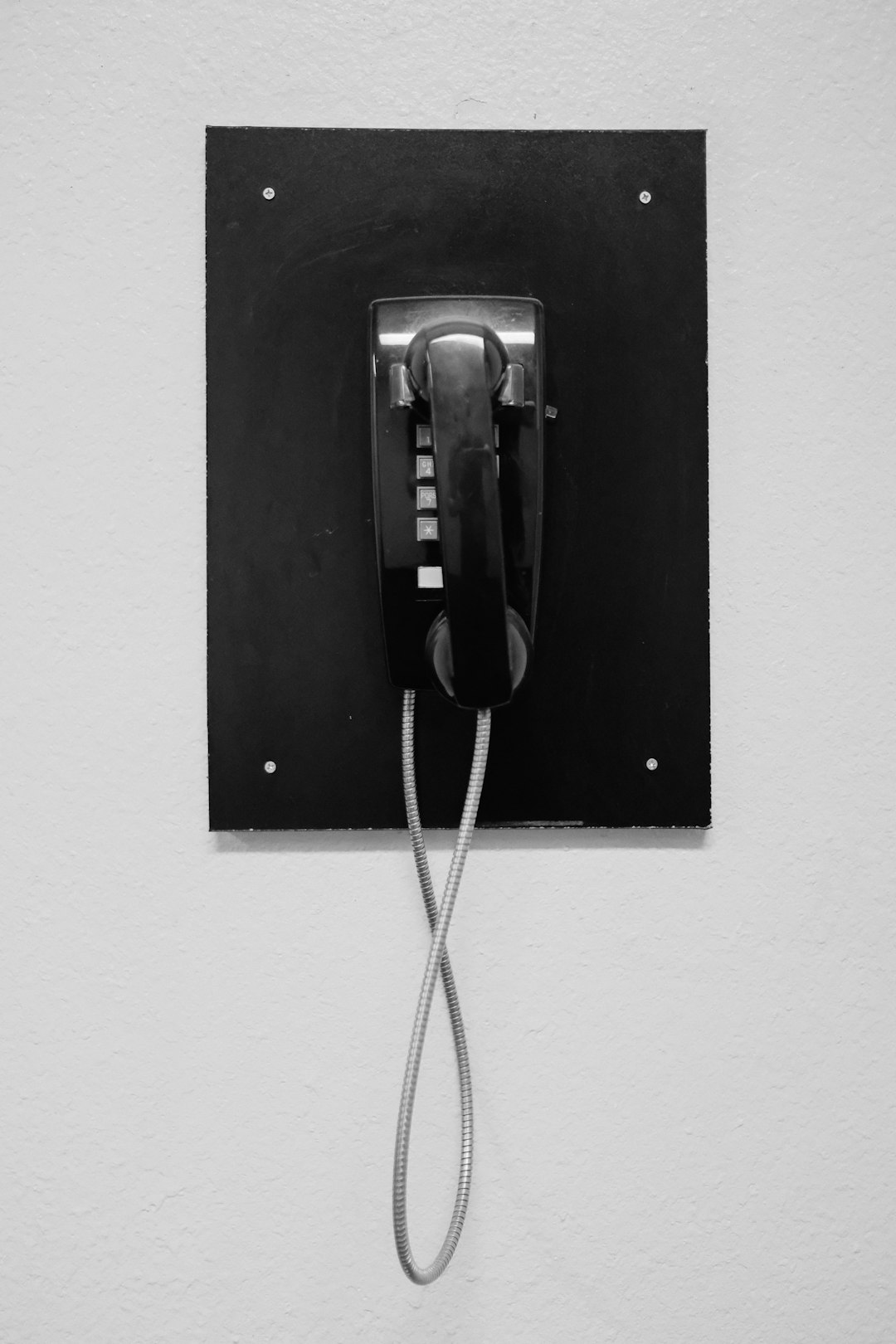Nebraska residents are facing an influx of unwanted spam calls, causing economic and security issues, especially for low-income communities. These calls disrupt daily life, encourage financial scams, and deter economic participation. A spam call attorney Nebraska can offer legal assistance and protect rights. Combating this issue requires legislative reforms, stricter penalties, public education, and holding offenders accountable to ensure a safer, more secure environment for all Nebraskans.
In Nebraska, the incessant flood of spam calls has become an increasingly pressing issue, disproportionately affecting low-income communities. This article delves into the growing concern of spam calls’ prevalence in the state and their significant economic impact on vulnerable populations. We explore the legal landscape and propose solutions to combat this problem, aiming for a fairer Nebraska. With a focus on the role of a spam call attorney in Nebraska, we uncover strategies to mitigate the effects of intrusive and deceptive communication, ensuring a more equitable digital environment.
The Prevalence of Spam Calls in Nebraska: A Growing Concern

In the digital age, Nebraska residents, like many across the nation, have witnessed a surge in unwanted and invasive spam calls. These relentless phone calls from unknown sources have become a persistent problem, leaving many Nebraskans frustrated and concerned. With advancements in technology, scammers and telemarketers now have access to sophisticated tools that enable them to bombard people’s phones with promotional messages or fraudulent offers. As a result, the state has seen an alarming increase in complaints related to spam call attorney Nebraska interventions, reflecting the growing need for effective solutions.
The prevalence of these calls is particularly concerning for several reasons. Firstly, it disrupts individuals’ daily lives, causing stress and annoyance. Secondly, many spam calls are associated with fraudulent activities, including identity theft and financial scams, posing significant risks to citizens’ economic well-being. Nebraska’s economy, already facing various challenges, may suffer further if left unchecked. Therefore, addressing this issue is crucial to ensuring a safer and more secure environment for all Nebraskans.
Economic Impact on Low-Income Communities

Spam calls, often viewed as a mere nuisance, hold significant implications for low-income communities in Nebraska. The economic impact of these unwanted communications is profound, exacerbating existing disparities. Many low-income residents, already facing financial strain, are targeted by persistent spam calls promoting various products and services. These calls can be particularly intrusive, consuming valuable time and resources that could be allocated to finding steady employment or managing basic necessities.
The frequency and persistence of spam calls can discourage individuals from engaging in legitimate economic opportunities. With limited access to legal advice and protection from such harassing tactics, low-income Nebraskans may feel trapped in a cycle of financial struggle. A spam call attorney Nebraska could play a crucial role in empowering these communities by providing guidance, ensuring their rights are protected, and offering strategies to navigate the challenges posed by excessive spam calls.
Legal Perspectives and Solutions for a Fairer Nebraska

In Nebraska, as in many states across the country, the proliferation of spam calls has become a significant nuisance and even a detriment to economic equality. From a legal perspective, various strategies can be employed to combat this issue. A key approach involves engaging the services of a spam call attorney Nebraska residents trust. These legal professionals are equipped to navigate complex telecommunications laws and regulations to hold offenders accountable. By suing telemarketers and collecting damages, these attorneys not only provide recourse for victims but also serve as a deterrent to prospective spammers.
Moreover, legislative reforms can play a pivotal role in fostering a fairer Nebraska. This includes strengthening existing anti-spam legislation, mandating stricter penalties for violators, and promoting transparency in telemarketing practices. Public education is another powerful tool; empowering Nebraskans with knowledge about their rights and the legal avenues available to them can significantly reduce the impact of spam calls. Together, these measures can contribute to a more equitable environment, where residents are protected from intrusive and unfair marketing tactics.






